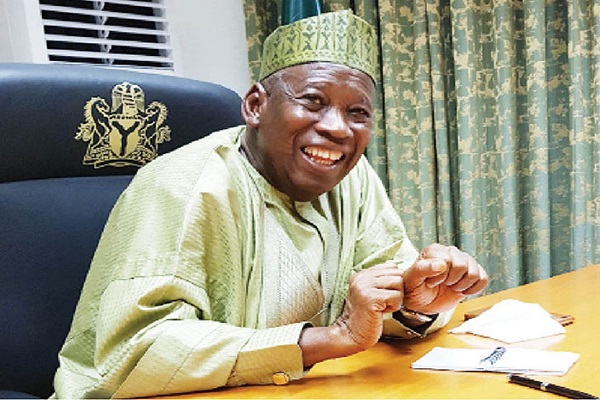The United States has ordered the partial evacuation of its embassy in Niger following last week’s coup.
Hundreds of foreign nationals have already been evacuated from the country, and on Sunday the French embassy was attacked by protesters.
Coup leader Gen Abdourahmane Tchiani has warned against “any interference in the internal affairs” of the country.
France, the former colonial power in Niger, has asked the military junta which has taken control of the country to guarantee the security of their embassy.
Crowds attacked the French diplomatic mission on Sunday, prompting the country to organise evacuation flights.
More than 1,000 French citizens and other Europeans have now been flown out, according to France’s Defence Minister Sébastien Lecornu.
One resident in the capital, Niamey, told the BBC’s Outside Source programme that everything had been quiet there so far.
“People are doing their duty like they do it every day,” said Sidien.
He added that there was a military presence around some embassies and ministry offices, as well as the president’s palace.
Sadissou, who is in Niger’s second city, Maradi, said it was a similar situation there but that the calm was deceptive.
“The situation has changed and so people are very anxious. They’re anxious about the future, about what’s going to happen.”
Niger is a significant uranium producer and lies on a key migration route to North Africa and the Mediterranean.
US Secretary of State Antony Blinken spoke to the ousted President, Mohamed Bazoum, on Wednesday, the state department says, adding that the US is committed to the restoration of Niger’s democratically elected government.
Spokesperson Matthew Miller said that, despite the partial evacuation, the country’s embassy in capital Niamey would remain open.
“We remain committed to the people of Niger and our relationship with the people of Niger and we remain diplomatically engaged at the highest levels,” he said.
The US is a major donor of humanitarian and security aid to Niger, and has previously warned that the coup could lead to the suspension of all co-operation.
The British embassy in Niger’s capital, Niamey, has also announced that it will also reduce staff numbers due to the security situation.
France and the EU have already suspended financial and development aid.
The Economic Community of West African States (Ecowas), a trade bloc of 15 West African countries, has imposed sanctions which include a halt on all commercial transactions with Niger and a freeze on the country’s assets in the regional central bank.
Niger’s electricity company also says that neighbouring Nigeria has cut electricity supplies, leading to widespread power cuts, although this has not been confirmed by Nigeria.
In a televised address on Wednesday, Gen Tchiani said the new regime rejected “these sanctions as a whole and refuses to give in to any threat, wherever it comes from”.
He labelled the sanctions “cynical and iniquitous” and said they were intended to “humiliate” Niger’s security forces and make the country “ungovernable”.
Military chiefs from Ecowas met in Nigeria on Wednesday to discuss a possible military intervention, though they said such action would be a “last resort”.
Gen Tchiani, a former chief of the presidential guard to Mr Bazoum, seized power on 26 July, saying he wanted to avert “the gradual and inevitable demise” of Niger.




